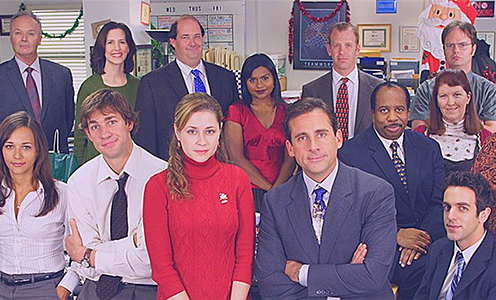 Think back to your last performance review. What do you remember most — the feedback on what you did really well or the feedback on what you didn’t do so well? If you’re like 81% of the workforce, you focus more on your weaknesses and don’t give much thought to how you can use more of your strengths. According to ’09 research, 41% of the workforce believe they’ll be most successful if they focus on fixing their weaknesses rather than leveraging their strengths.
Think back to your last performance review. What do you remember most — the feedback on what you did really well or the feedback on what you didn’t do so well? If you’re like 81% of the workforce, you focus more on your weaknesses and don’t give much thought to how you can use more of your strengths. According to ’09 research, 41% of the workforce believe they’ll be most successful if they focus on fixing their weaknesses rather than leveraging their strengths.
Seems some of us are living in a remedial world. We’re more interested in what we don’t do well, and we take our strengths for granted. Based on my work with many of my executive coaching clients, I know this approach doesn’t offer long term success.
Strengths-based leader Marcus Buckingham describes a strength as: not just something you’re good at, but something you consistently do to near perfection and which gives you strength. And a weakness as: those things that really drain you and in fact, make you weak.
Buckingham believes, and I agree, that leveraging and amplifying your strengths is the only way a person or an organization will excel – it’s never by fixing weaknesses.
In ’07, 198,000 workers were asked whether they had the chance to play to their strengths every day. The findings showed that those who strongly agreed that they did were:
- 50% more likely to work in teams with lower employee turnover
- 33% more likely to work in more productive teams
- 44% more likely to work in teams with higher customer satisfaction scores
Despite the research and the fact that smart companies like Yahoo, Intel and Best Buy are publicly committed to a strengths- based culture, there’s lots of evidence that many people don’t know how to do it.
Some ideas for doing it: identify the specific work activities where you feel strongest, and intentionally and strategically focus your job around those things. When you do this consistently you’ll gradually tilt the playing field so that the best part of your job becomes the biggest part of your job. If you’re job hunting, now ‘s the time to clarify your greatest strengths and ensure you can articulate them and know what to look and listen for when you meet with potential employers.
What are you doing to use your strengths every day?



